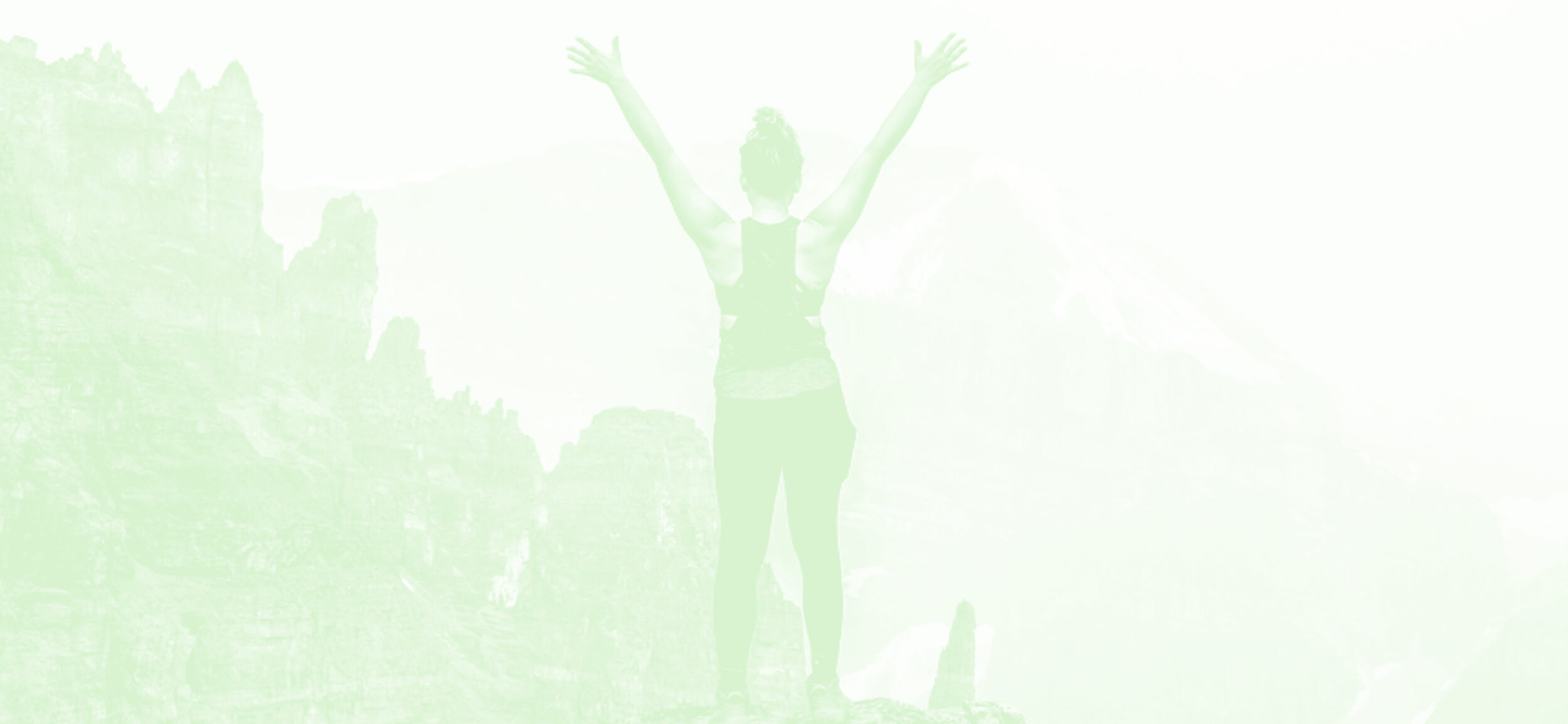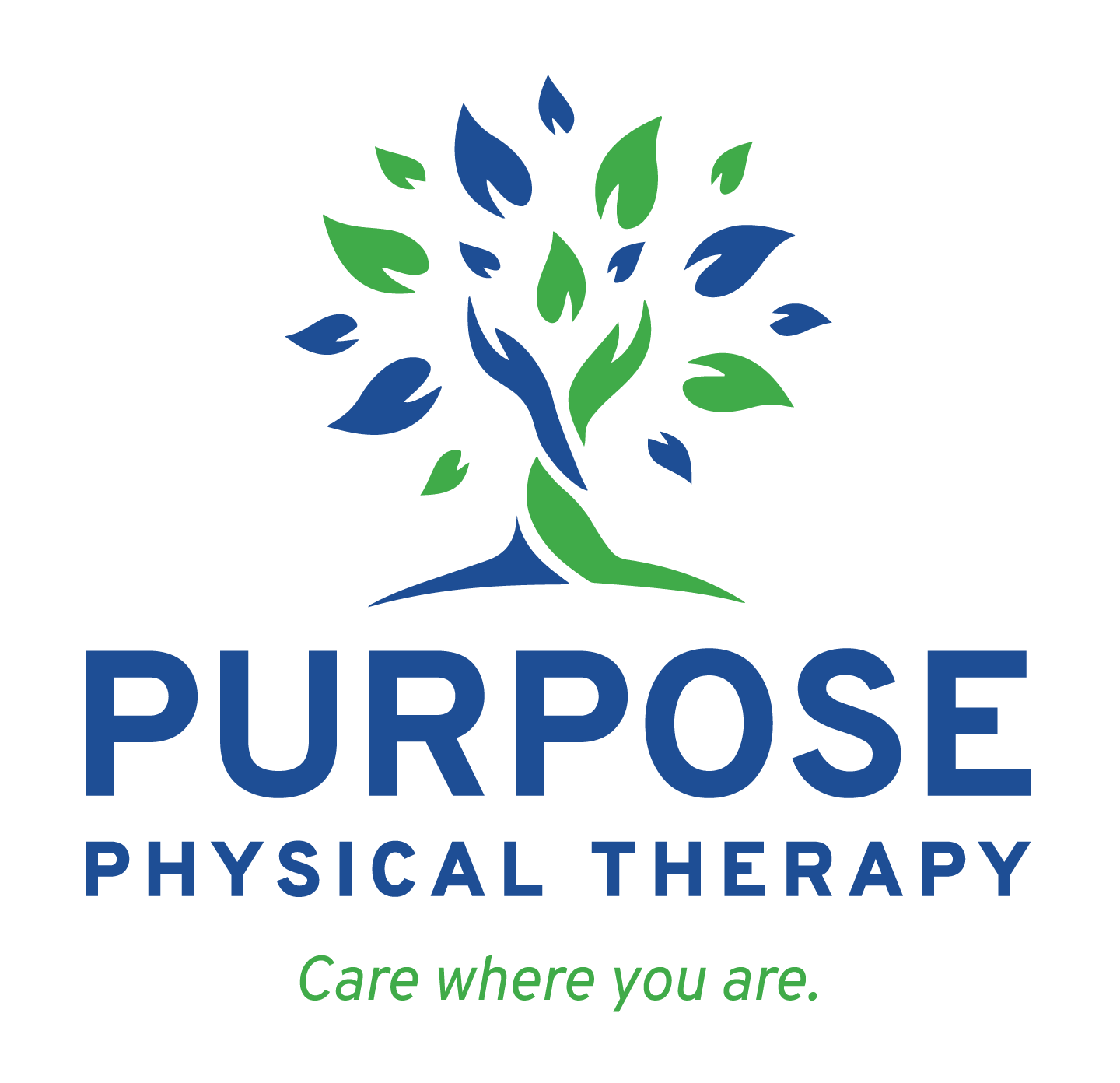
Purpose Physical Therapy is passionate about empowering women with the tools and education they need to prepare for childbirth and to confidently recover postpartum.
Whether you gave birth 30 days ago or 30 years ago, it is never too late to focus on self care and postpartum rehabilitation to be your strongest and healthiest self.
During and after pregnancy, your body goes through huge changes and increased physical demands.
Some of these changes include postural adjustments, stretching/thickening of the ligaments, and increased load to your pelvic floor. This may lead to pain and dysfunction in your hips, back, groin, etc. Many women experience urinary incontinence, sexual dysfunction, pelvic pain.
We are here to help achieve your goals, such as:
Preparing for a smooth labor and birthing experience.
Running or walking without pain or leakage during pregnancy or postpartum.
Full rehabilitation after pregnancy.
Bending and lifting your child, grocery bags, and more.
And other pre or post-pregnancy goals!
Our Empowered Mamma Wellness Packages provide the following:
Cash-pay Preventative Care
Birth Prep and/or Postpartum Recovery Education
Goal: To spend quality time developing personalized treatment plans to work on health goals and education prior to the arrival of health complaints or issues. Women who know better, do better.
Prenatal Services
Physical therapy has many important and lasting benefits for pregnant moms. It’s unfortunate that our culture has normalized the many discomforts that pregnant women experience—BUT IT DOESN’T NEED TO BE THAT WAY!
Physical therapy can help you:
Stay connected to your body’s strength,
Have a pain-free pregnancy,
Learn pelvic floor strengthening and relaxation techniques to prepare for labor and decrease your risk of perineal tearing,
Learn safe core exercises to protect and stabilize your back, hips, and pelvis,
And prepare for successful labor by learning pushing and positioning techniques.
Postpartum Services
Did you know that in France, every woman gets 6 weeks of physical therapy after giving birth to start her on her postpartum recovery? Every woman deserves this kind of care after performing such an exhausting and demanding experience as pregnancy and birth.
Postpartum care is so important in avoiding any lasting issues such as urinary incontinence (leaking), pain with sex, prolapse, and hip and lower back pain. It is also important to learn how to safely heal your musculoskeletal system and how to effectively and safely perform everyday activities.
Every postpartum evaluation includes:
Education on anatomy of the postpartum body and how it affects everything that you do,
Posture assessment and education,
Abdominal separation screening,
Pelvic floor and abdominal muscle control training,
A personalized home exercise routine,
And guidance for safe return to exercise.
Individual Treatments & Services
-
Pain During Pregnancy
Many pregnant women have lower back pain, pelvic girdle pain, and other areas of discomfort. These should not be accepted as “normal pregnancy symptoms”, and can be addressed with physical therapy. It is important to address pain and dysfunction prior to birth to avoid long lasting problems.
-
Exercise During Pregnancy
Learn safe and effective exercises from a physical therapist who knows exactly what to do and what not to do. Focus on the right types of exercises to maintain core muscle activation to support the spine as the belly grows and to prepare the pelvic floor for the action of birth.
Exercise during pregnancy can lead to:
• Enhanced cardiac function of baby
• Higher APGAR scores
• Higher scores on general intelligence tests at 5 years old
• Shorter stages of labor
• Reduced risk of cesarean birth
• Reduced incidence of pre-term birth -
C-Section Rehabilitation
A c-section birth is a major abdominal surgery that impacts the muscles that support your low back and pelvis. Commonly, women will have difficulty re-engaging these muscles without proper education.
C-section is not a preventative measure against urinary incontinence!
Abdominal separations in subsequent pregnancies are also more common in women who had a prior c-section.
-
Vaginal Birth Rehabilitation
A vaginal birth stretches the pelvic floor muscles to 2-3 times their length and it is common for women to experience pelvic floor weakness, incontinence, prolapse, and pelvic floor pain postpartum. Physical therapy can help you return your pelvic floor to the flexible, strong system that it needs to be to stabilize your pelvis and spine.
-
Abdominal Separation
The abdominal muscles typically separate toward the end of pregnancy to accommodate the baby in your growing belly. Once you give birth, this separation should narrow as you heal, however, for some women this does not resolve in the 6-8 weeks postpartum which can contribute to pain and dysfunction.
-
Urinary Incontinence
Incontinence is defined as any urine leaking at any time. So while leaking during lifting, coughing, and sneezing is common—it’s not normal!
-
Pelvic Pain
Description goes here.
The Hard Facts
Women with back pain during pregnancy are 3x more likely to to develop postpartum depression.
1 in 3 women experience urinary incontinence after giving birth.
40% of women who had a cesarean birth reported urinary incontinence.
More than 30% of women who gave birth vaginally experience PFM injury.
45-51% of women receive no information on kegel exercises, risk of episiotomy, or vaginal changes postpartum.
In May 2018, the American College of Obstetrics and Gynecology released a recommendation to support 12 weeks of postpartum care for all women rather than the traditional and arbitrary one-time 6-week visit.




